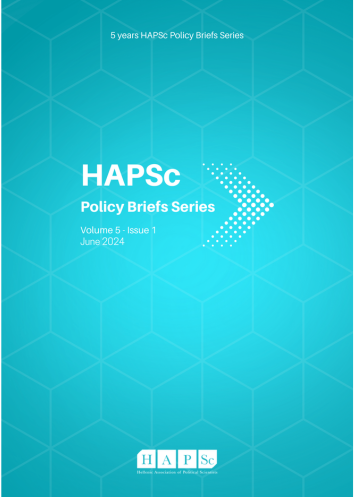Wellbeing as an Alternative to GDP?
Аннотация
Gross domestic product is the most commonly used measure of development, both in academia as well as wider society discourse. It describes the material production of a society within the course of a calendar year. While useful in informing policy and business decisions it is markedly limited by its one-dimensional nature. Well-being on the other hand rather than being the absence of illness is instead a long-term condition that allows an individual or group to flourish and perform well within society. Ensuring that public policy reflects this has been a central tent of modern economics post-1990 (Quick, 2020). Today, governing authorities and economists are increasingly using tools such as 'happiness' upon which to base spending and policy decisions. The main question that arises is not whether GDP is a perfect indicator of a country's economic progress but whether it is the best approach to judge the overall prosperity and wellbeing of a country. In this paper we explore GDP and well-being, the risk that this valuable economic metric is under as well as GDP alternatives.
Article Details
- Как цитировать
-
Efthymiou, I. P. (2024). Wellbeing as an Alternative to GDP?. HAPSc Policy Briefs Series, 5(1), 38–46. https://doi.org/10.12681/hapscpbs.38956
- Раздел
- Articles

Это произведение доступно по лицензии Creative Commons «Attribution» («Атрибуция») 4.0 Всемирная.
Authors retain copyright and grant the journal right of first publication with the work simultaneously licensed under a Creative Commons Attribution License that allows others to share the work with an acknowledgement of the work's authorship and initial publication in this journal.


